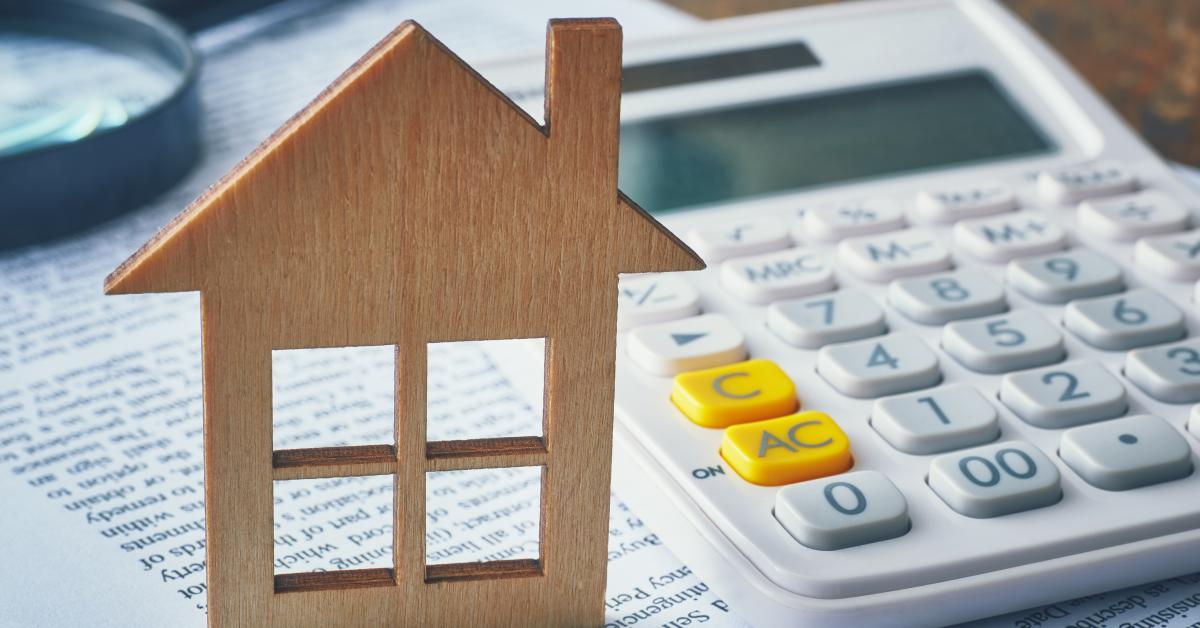Tax & Finance
Summary
The private rented sector (PRS) now provides a home for one in five UK households. Buying a home is out of reach for many people and the demand for private renting is set to increase. The Royal Incorporation of Chartered Surveyors (RICS) estimates that 1.8 million new homes to rent are required by 2025.
Despite this, little is being done to create a pro-growth tax environment for the sector. In fact, the tax environment is actively dissuading landlords from investing in new properties or releasing old ones for purchase.
The majority of PRS accommodation is supplied by ordinary people who own one or two properties, investing as an alternative to a pension. Government policy has undermined the confidence of private landlords, with recent tax changes including restrictions on mortgage interest relief and an additional 3% surcharge on stamp duty, deterring investment by landlords and stalling the whole housing market.
Our policy
We are calling on the UK and Welsh governments to look at:
- Ending the stamp duty levy on additional homes where the property is adding to the net supply of housing. This includes bringing empty homes back into use, converting commercial buildings to residential, developing new properties or converting larger properties into smaller, more affordable rental properties.
- Ending the Land Transaction Tax (Wales' version of stamp duty) levy on buy-to-let properties and working with local authorities on a more holistic approach to council tax premiums on empty homes to help bring them back into use.
- Reducing the capital gains tax (CGT) rate for the sale of residential properties so that landlords are not put off from selling properties to tenants.
- Scrapping the changes to mortgage interest relief (MIR).
Making Tax Digital
The UK Government has committed to introducing a new digitised process for submitting your taxes. The new approach called Making Tax Digital, includes keeping digital records and using software to submit tax returns. This already covers VAT, however plans to extend it to income tax have been delayed. We successfully lobbied to Government for this, raising concerns about how quickly landlords would need to comply.
The Government has recently announced that Making Tax Digital will be extended to VAT-registered businesses with turnover under £85,000 from April 2022 and self-employed businesses and landlords with annual business or property income above £10,000 from April 2023.
Some landlords have been involved with a pilot test of the service for income tax. If you would like to participate in the pilot, you can find out more here.
Related Documents
Latest news
Autumn budget 2021 roundup
The autumn budget was relatively quiet for landlords. However there was some good news for landlords who have recently sold property and tenants in receipt of Universal Credit.
Self-assessment tax deadline fast approaching
Landlords are reminded that the deadline to file their self-assessment tax returns is fast approaching.
Online self assessment tax return deadline-help for landlords
The self-assessment tax return deadline is fast approaching, and landlords have until 31st January 2020 to file their self assessment tax return online.
Capital Gains Tax & the PRS - negative impacts on the property market
Research which reports on the impact of Capital Gains Tax. CGT traps landlords into holding property longer than planned. In doing so, the tax holds back a functioning property market. The tax reduces property investment as well as the volume of properties available to purchase.




